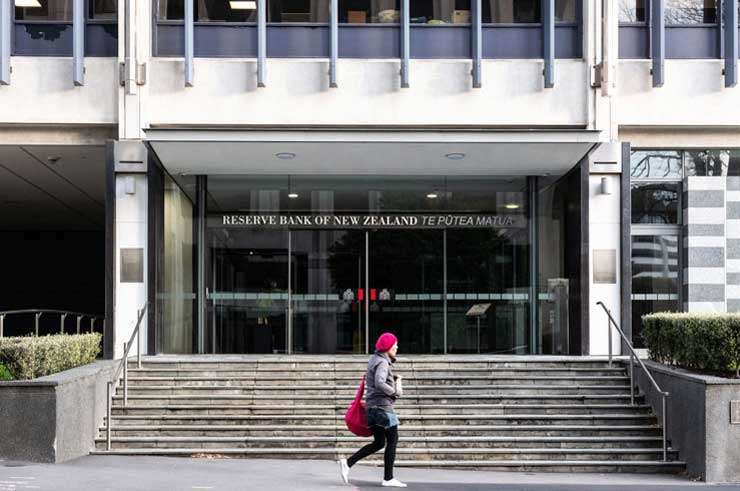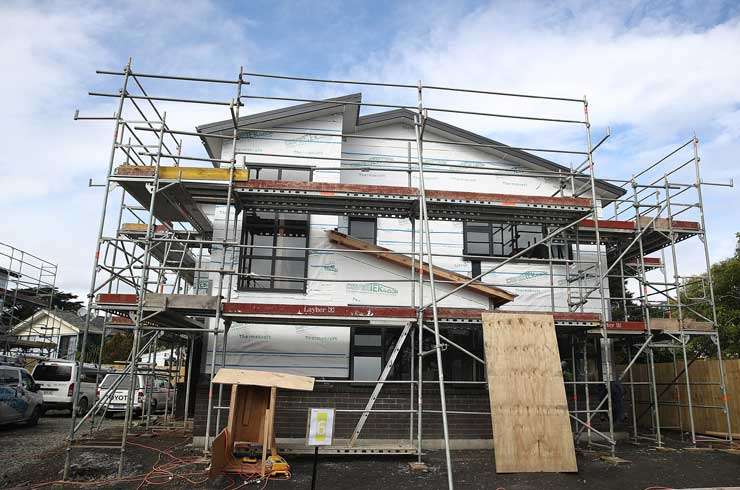The housing market has ended 2021 on an uncertain note, with substantial hikes in interest rates likely and new lending restrictions all but locked in. Rising building costs and inflationary pressures will also have an impact, as will house price rises that have left many first home buyers either carrying too much debt or shut out of the market. So what will 2022 bring? Valocity has looked at the key factors that could determine the course of the housing market over the next 12 months.
Inflation
Inflation is creeping into many parts of the economy, but is this a short-term problem that can be dealt with or a serious issue that requires a more aggressive response in the form of rapid and sizeable increases in the Official Cash Rate? We know the Reserve Bank has already raised the OCR and has signalled a clear intent to continue to do so. This has already had an immediate impact on bank interest rates and market behaviour, with many homeowners and potential buyers pausing to take stock of what this means for them personally.
Interest rates
Start your property search
Going hand in hand with increases in the OCR are increases in bank interest rates. Most banks pushed up their own interest rates ahead of the Reserve Bank’s decision to raise the OCR in October and they are likely to continue taking the lead well into 2022 and beyond.
Many Kiwis who bought property in the last seven years will be unaccustomed to rising rates, and those who bought in the last 18 months may be shocked when interest rates move beyond five per cent. This will have an impact on spending habits as belts are tightened and may see some mortgage-holders who bought holiday homes or investment properties radically rethink their assets.
Lending restrictions
This time last year, the Reserve Bank announced it was considering reintroducing the loan-to-value ratio rules it removed at the start of the Covid crisis. Since bringing them back in March this year, a slew of additional lending restrictions came into force, all of which will have an impact on the market in 2022. Two additional potential upsets are the Credit Contracts & Consumer Finance Act (CCCFA) and Debt-to-Income (DTI) ratios, which may further restrict access to credit for some buyers.
The CCCFA will see banks increase scrutiny on borrowers’ spending habits, a stronger focus than ever on their ability to service the debt they wish to take on. This may have an impact on certain buyer types who were already on the margins, more so when combined with an increasing interest rate environment.
At the time of publication, the Reserve Bank was still weighing up whether or not to enforce Debt-to-Income ratios but some banks have already adopted the tool and more will follow.

A pedestrian walks past the Reserve Bank building in Wellington. Photo / Getty Images
DTI ratios restrict the amount buyers can borrow to a set multiple of their household income (the banks have for now settled on six) and they are likely to have a significant impact, if Reserve Bank figures are anything to go by. In the six months to September this year, 25% of lending to first-home buyers had a DTI of above six. A third of lending to owner-occupiers was above a DTI of six, while for investors the proportion was 51%.
Signals of intent to cut back on interest-only lending may also dampen buying activity by property investors, who typically use such facilities to access the market.
Migration
The border restrictions put in place last year after Covid struck have put downwards pressure on net migration levels, one of the key driving forces of house price rises in the last property cycle.
The drop in net migration, and a possible exodus of younger Kiwis to countries with higher wages and better job opportunities when the borders open, could ease some of the pressure in the housing market, where a lack of supply has partly fuelled rising prices in this cycle.
Auckland’s population has declined for the first time since records began, and although the loss was only 1,300 people in 2021 the drop reversed a long-standing trend. In the previous 20 years Auckland’s population had been growing at 1.8% p.a. Auckland’s loss could be regional New Zealand’s gain.
New builds
There have several policy announcements made this year that will have an impact on New Zealand’s new-build sector. The Government’s decision to exempt new build purchases from its tax deduction rules for 20 years will likely see more investors direct their attention to new homes, which have typically been the preserve of first home buyers. Expect to see increased competition and increased pressure on new build prices.

Construction on a new home. The rise in building costs are set to have a big impact on the housing market. Photo / Getty Images
The Government’s intention to speed up the resource consent process may have the unintended consequence of accelerating house prices in affordable suburbs, giving extra incentive to developers to grab as much developable land as they can.
Rising construction costs are also likely to put pressure on the market, with residential build costs going up 5.5% in the year to September. Covid-related supply chain challenges and labour shortages are unlikely to ease in the short term. Those looking to purchase a new build should prepare for delayed settlements and higher costs.
• James Wilson is director of valuation at Valocity.




